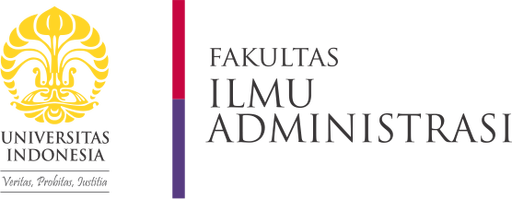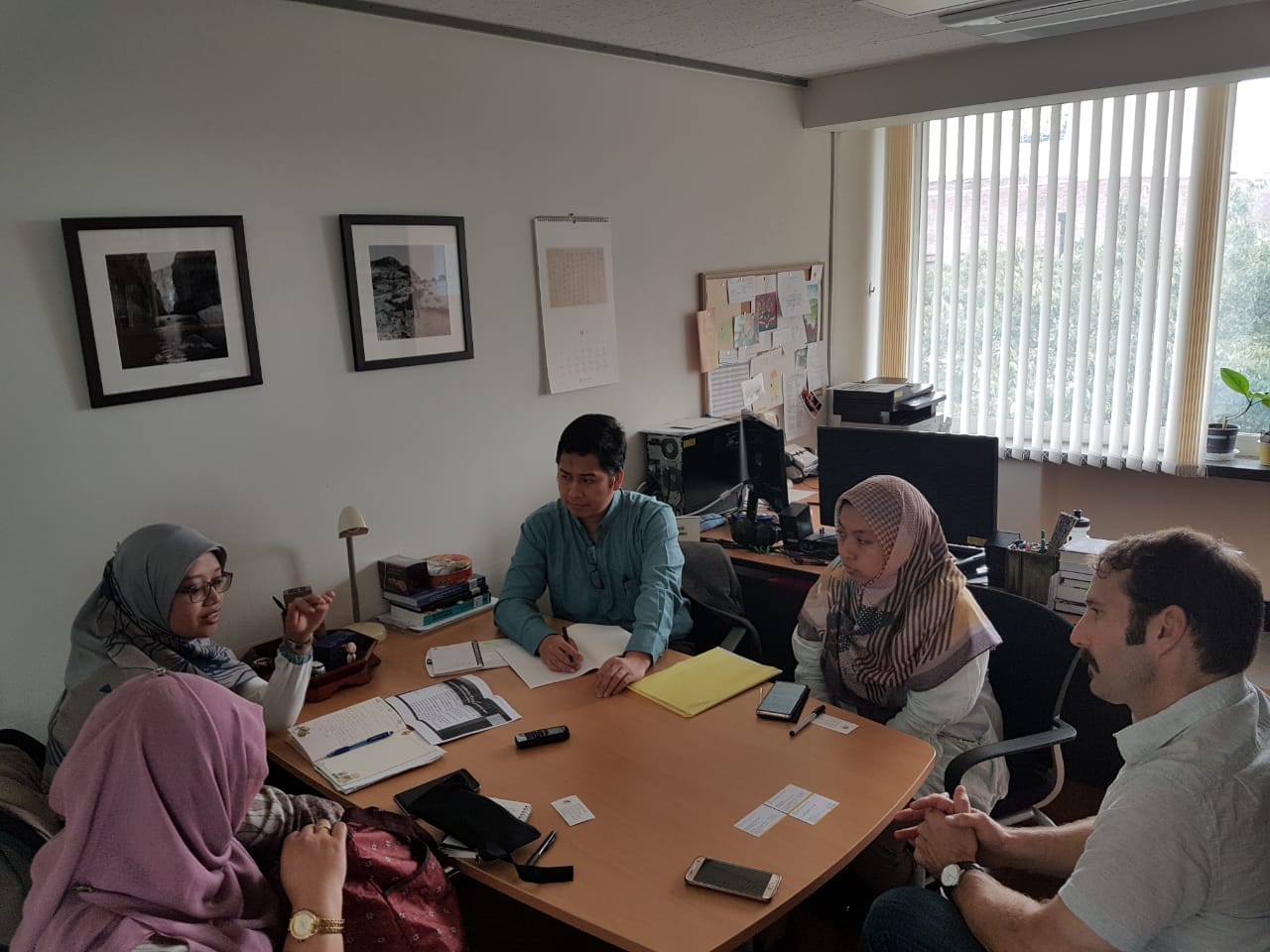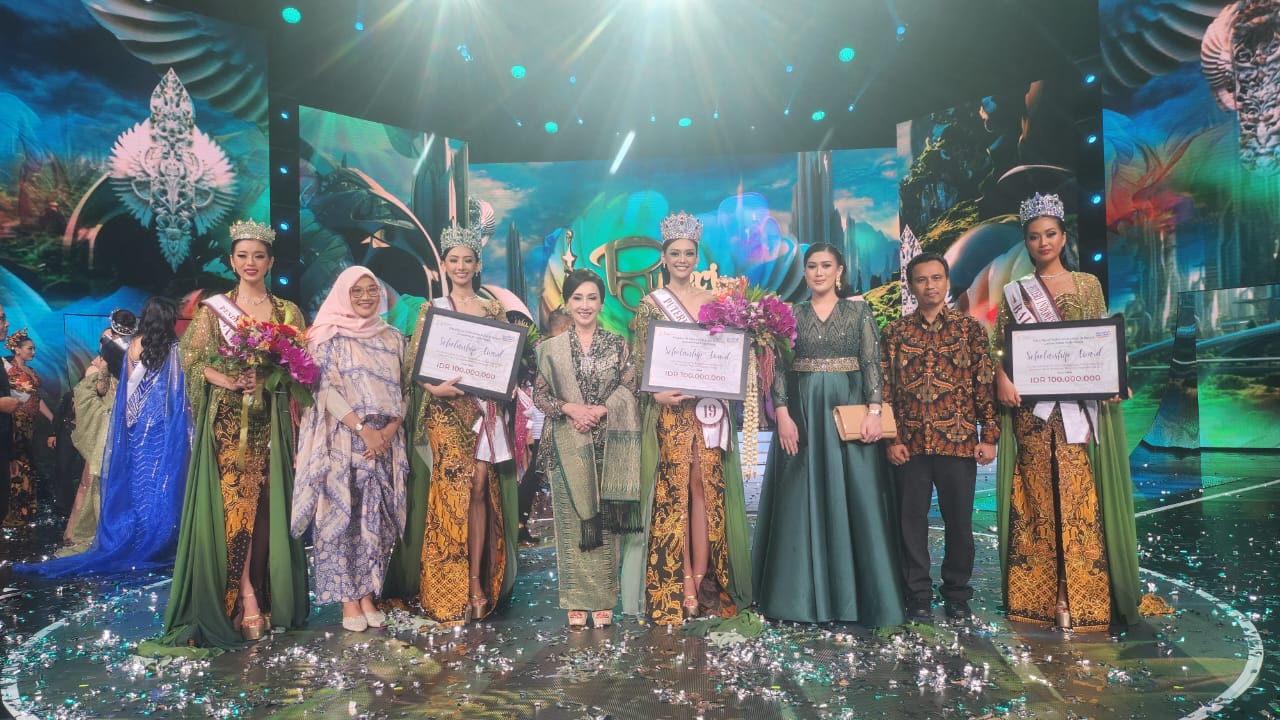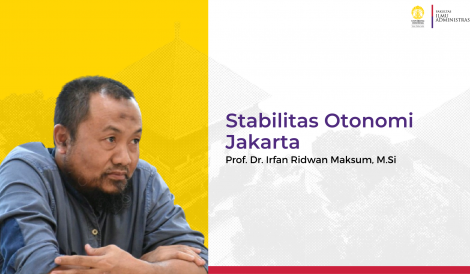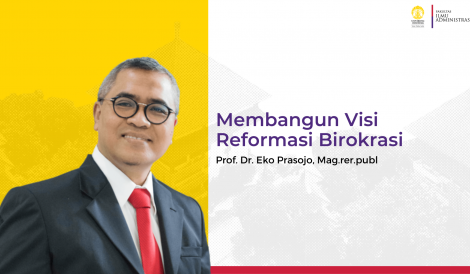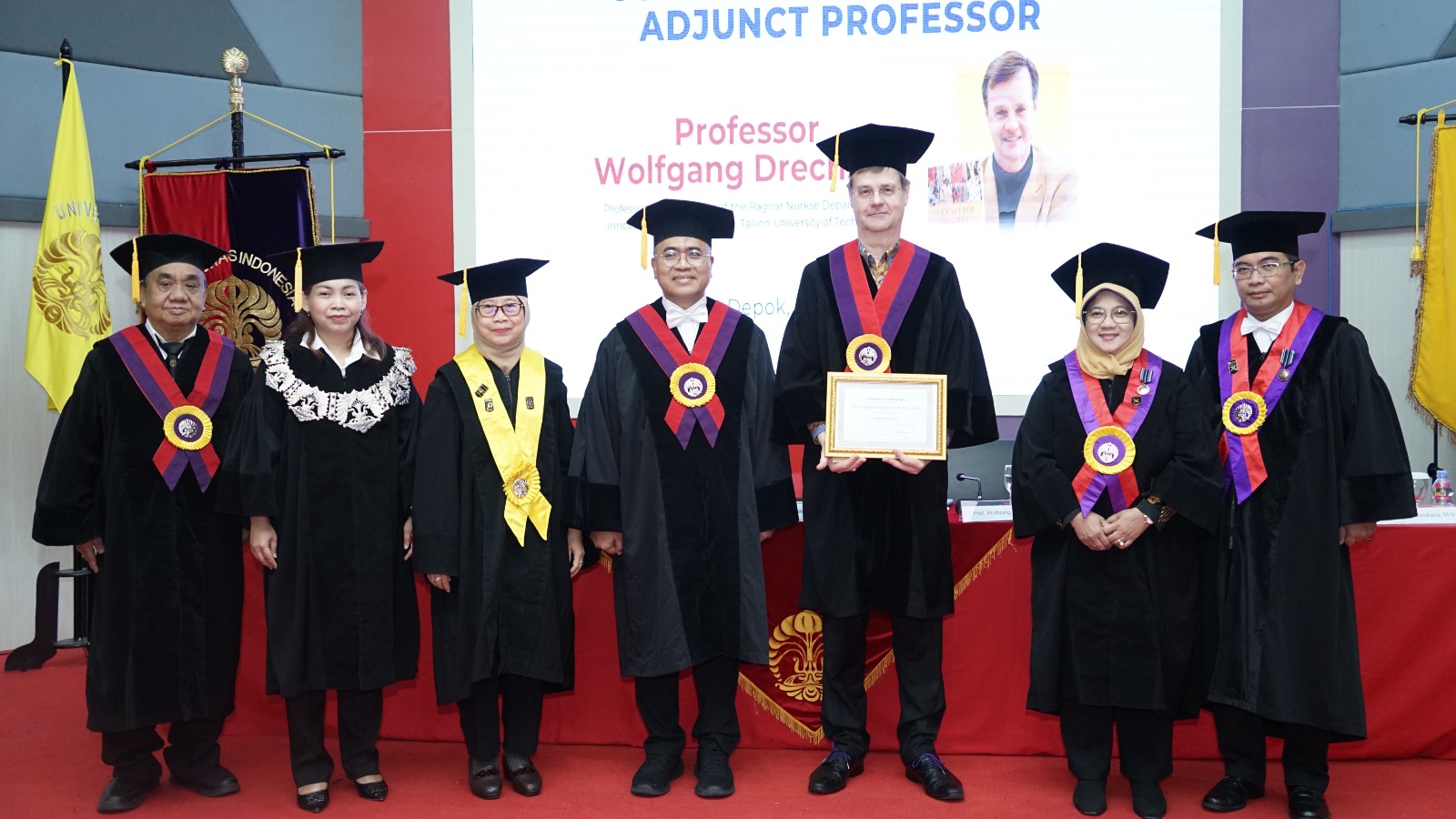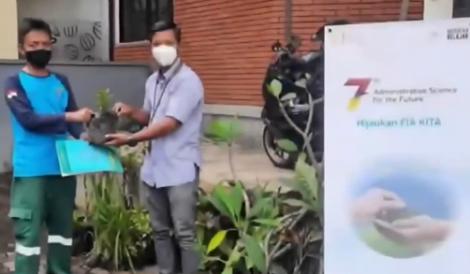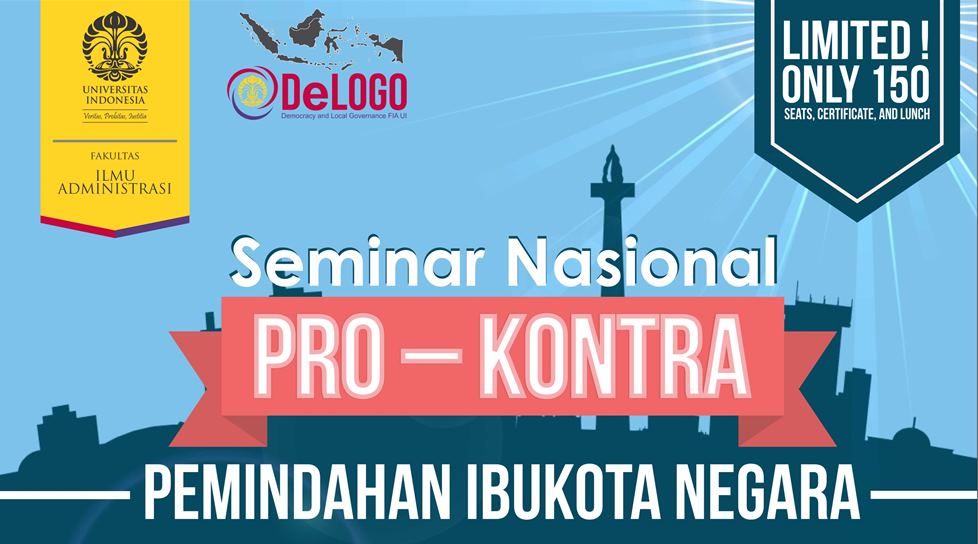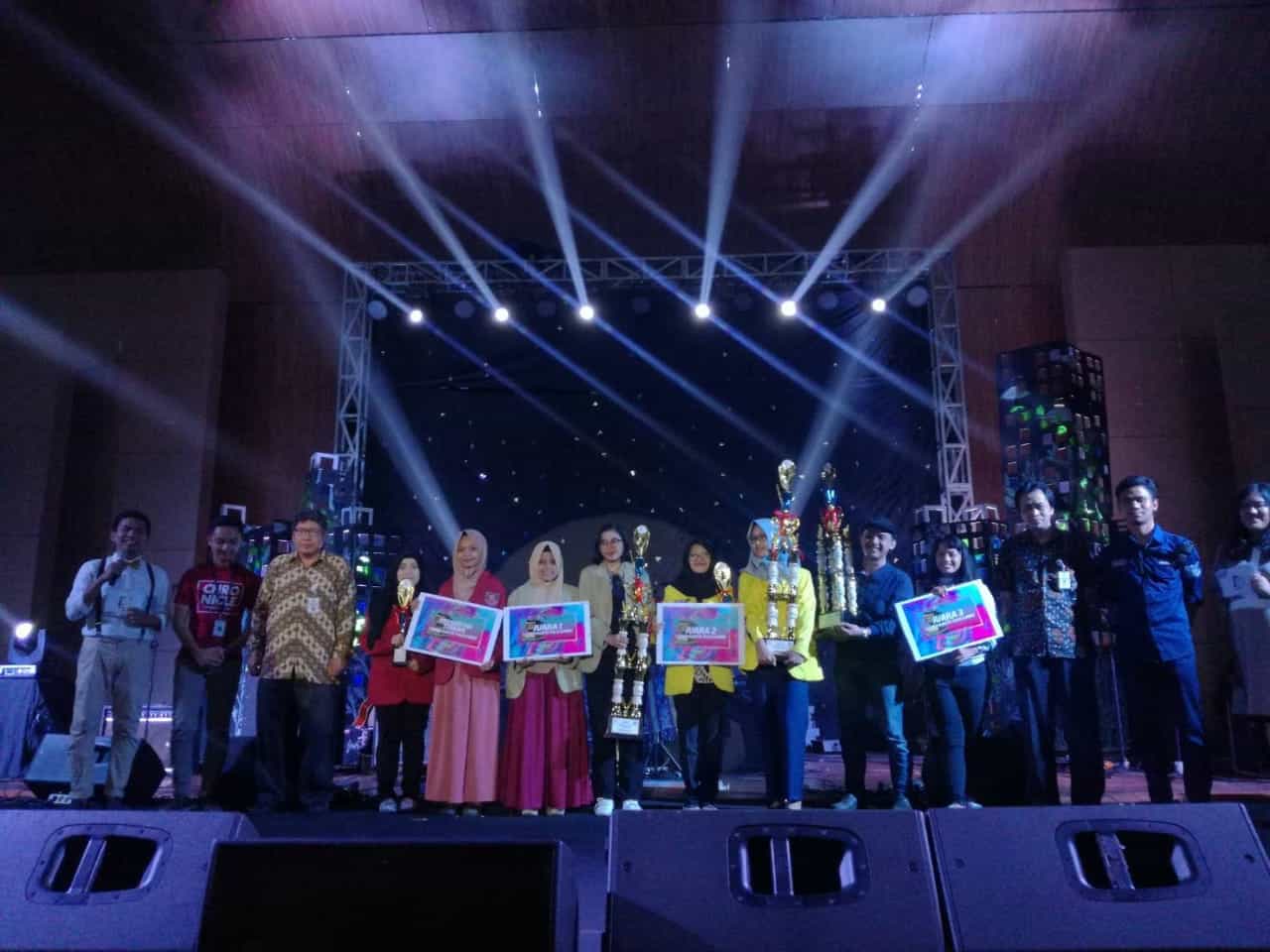SEOUL, SOUTH KOREA. Many countries in the bureaucracy rely on Western countries, even though sometimes they clash with local wisdom. However, there are several countries in Asia that implement bureaucracy in accordance with their own cultural values. This has been successfully implemented in several Asian countries including the Philippines and South Korea, as well as forming its own uniqueness in encouraging administrative reform.
The success of public sector reform in this Asian country has become a research topic chaired by the Dean of the Faculty of Administrative Sciences, Universitas Indonesia (FIA UI), Prof. Dr. Eko Prasojo, Mag.rer. The research was conducted with a focus on seven main variables that were considered to contribute most to the formation of non-western public administration, namely leadership, public values, public trusts, law enforcement, CSO roles, policy transfers and digital governance.
Recently a research team under the auspices of the Cluster Policy, Governance, and Administrative Reform (PGAR) visited South Korea on September 17-20 2018. Competency-based research grants-Ministry of Research, Technology and Higher Education (Kemenristekdikti) made observations and interviews with professors from Sungkyunkwan University (SKKU), members of the opposition South Korean government Congress, and one of the Directors of the Ministry of Foreign Affairs.
“In this observation we found South Korea has an institutional virtual. They choose and sort out the public administration model according to their cultural values, “said Defny, one of the researchers who is also a Lecturer in Public administration.
In addition, this research shows that Confucian values in Korea are still quite high, resulting in a fairly high hierarchy where social classes between senior and junior are formed, including in the context of public sector organizations. According to another research member Desy Hariyati, MA although the economic achievements and electonic government in Korea are very high, the level of public trust in the government is quite low due to the long distance relations between the government and the community.
Furthermore, on 26-31 August 2018, the team got other interesting findings in the Philippines. The institutional model that carries dynastic politics has become a distinctive color for the catalyst for administrative reform. However, the politics of this dynasty is actually full of performance that encourages the achievement of efficiency and effectiveness of government administration. An interesting thing, where nepotism can be in one box along with performance.
“In general, characteristics in the Philippines show similarities to public sector reform in Indonesia. What is quite different is the role of the Civil Society Organization (CSO) which is quite strong compared to CSOs in Indonesia. The role of the CSO is also a differentiator with the public sector reform in Korea, “said Desy.
According to him, this research is also important for the FIA which has a target to develop the platform of the Asian Public Administration. “Hopefully the FIA can become an institutional leading in Indonesia,” he said. He hopes that his team can form the platform by 2021.
Next year, this observation and interview is expected to continue to Thailand and Malaysia. In addition, Prof.’s team Eko also hopes to continue the survey to South Korea. The research team consists of Prof. Dr. Eko Prasojo mag.rer.Publ., Dr. Lina Miftahul Jannah, M.Si, Nidaan Khalifan, M.A., Dr. Ima Mayasari, S.H., M.H, Desy Hariyati, MA, Defny, S.Sos, MPM, Dr.phil. Reza Fathurrahman, MPP, Fikri Akbarsyah Anzah, M.Kom, Marcel Angwyn, S.I.A, and Julyan Ferdiansyah, S.I.A. (MI)
